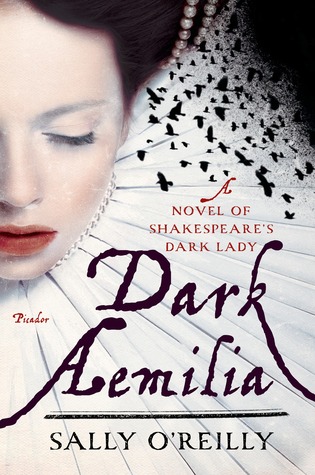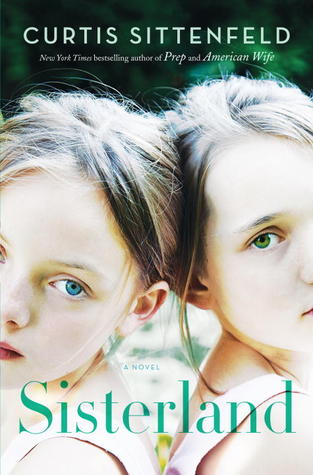I am delighted to welcome back to my blog
as she chats about her inspiration for her
latest book
Linda ~ welcome back to Jaffareadstoo
What inspired you to write Cauldstane?
At one level the inspiration was a visit to Cawdor Castle which, although ancient, is still family-owned and inhabited. As I was touring the castle, I had the idea of writing about a family who are struggling to hold on to their home and heritage.
At another level the inspiration for CAULDSTANE was being treated for breast cancer. Many people suggested I write about my experience, but it was bad enough living it, I didn’t want to write about it. But I felt I had to find a way to assimilate it, so I decided to write an allegorical novel, about my experience, but not describing it. Cancer haunts me still, even though my treatment ended in 2012.
You don’t need to know any of this background to enjoy the novel, which is basically a gothic romance and a book about fear.
What can you tell us about the story which will pique the reader’s interest?
Cauldstane is a decaying 16th century castle in the Highlands. It’s been the home of the MacNabs for generations, but in the 21st century they’re finding it hard to hold on. The family is divided. Should they just sell up or try to use the castle and estate as the basis of a business? Cauldstane is blessed with quirky architecture, red kites and a riverside location, but there’s also an ancient MacNab curse and a malevolent ghost who poisons lives and relationships and wants to drive the family out.
Cauldstane is a money pit, but the real damage is caused by fear – fear of what might happen – and, as one of the characters says, “If you live in fear, you fear to live”. Fear is a kind of wasting disease that affects each of the MacNabs in different ways. (No prizes for guessing that my ghost is how I personified cancer.)
How many rough drafts did it take before you were happy with the story?
I don’t do drafts, not complete ones. I draft a few pages, maybe as much as half a chapter, then I edit it thoroughly before moving on. When I’ve completed the chapter, I edit again. I’ll edit many times until I’m happy. Progress is slow, but by the time I get to the end of the book, it’s almost ready to publish. I edit again, but I never change much.
I don’t think I could face re-drafting a novel. I think if I knew how a book was going to turn out, I’d have little interest in writing it. For me writing fiction is about investigation and discovery. I like to be surprised!
Although your books are difficult to categorise, you do have a penchant for strong heroines and slightly damaged heroes – is there anything of Linda Gillard in any of the characters?
Oddly enough, I think you’ll find me in my heroes, rather than my heroines, but I don’t think I've ever put myself into a book, only aspects of myself.
I suppose the most “autobiographical” books are EMOTIONAL GEOLOGY and UNTYING THE KNOT. In those books I used aspects of myself to create both heroes and heroines. Calum, the hero of EMOTIONAL GEOLOGY is a teacher and I used to be a teacher. There’s a lot of me-as-a-teacher in him.
Your writing is very atmospheric – how do you ‘set the scene’ in your novels and how much research did you need to do in order to bring Cauldstane to life?
I always write about places I know or I’ve invented, but I do quite a bit of research, especially studying photos. You can absorb so much detail and atmosphere from photos.
I’d already visited a lot of castles as research for a previous novel, UNTYING THE KNOT (yes, I have a thing about castles!) but my main sources of inspiration were Cawdor, Crathes and Craigievar Castles, all of which were local for me, living in the Highlands.
Readers often comment on the atmosphere and settings in my books but I don’t make a special effort to create them – rather the reverse. I don’t like writing description, so I always try to keep it brief. I tend to select telling details and focus on those. If you give readers a few vivid details, they’ll “fill in” and visualize the rest of the setting.
Perhaps my books are strong on atmosphere because everything seems very real to me. I see it all in my head, like watching a film. Stephen King said writing is telepathy. An author sits at her desk and visualizes the scene. A hundred years later, someone reads the book and sees the same scene. It’s a kind of magic.
Cauldstane has a malevolent spirit – do you believe in ghosts?
I think perhaps I do. I’ve written two paranormal novels featuring ghosts. (THE GLASS GUARDIAN is the other one.) When I was researching ghosts, I came to the conclusion that it’s very difficult to dismiss all the eyewitness accounts. There’s a substantial body of evidence, some of it quite convincing. I read two books by journalists who started out as ghost-sceptics and ended up converts. As a scientist explains in CAULDSTANE, physicists are beginning to come up with theories that could explain some paranormal experiences.
I’ve never seen a ghost, but I’ve often sensed a “presence”. There was one room in my old house on Skye where I really wasn’t comfortable. I sensed it immediately when I went to view the house before I bought it. Even though I lived there for six years, I never felt OK in that room. Neither did my daughter. We both sensed something.
Scotland is very much a character in your novels – what enchants you about the place, its people and its history?
I love the light, the accents, the wildlife, the emptiness of the landscape, the energy. I even like the awful weather! Although I'm English, Scotland is the only place I've ever felt at home. When I was a student I visited Edinburgh and fell in love with the place. Then over the years, as I saw more of Scotland, I became determined to live there one day. There’s not much of Scotland I haven’t seen and I've lived in a lot of different locations, including on a couple of islands.
I wrote my first novel (EMOTIONAL GEOLOGY, set on a Hebridean island) when I was living in a Norfolk suburb, pining for the Hebrides. That book allowed me to live there “in my head”.
Cauldstane is book number seven for you – do you have a favourite, and will there be a book 8?
I think my best book is A LIFETIME BURNING, but I wouldn't describe it as my favourite. At the moment my favourite is probably UNTYING THE KNOT. It was the very devil to write and I gave up on it twice, but I've since grown fond and rather proud of it.
I have an idea for an eighth novel, but I'm just at the daydreaming stage, gathering books together for research. But if the novel gets written, the main character might be a garden.
Linda ~ It's been a real pleasure to have you spend some time on Jaffareadstoo.
Thank you so much for sharing with us your inspiration for
CAULDSTANE
*~*~*
*~*~*



























